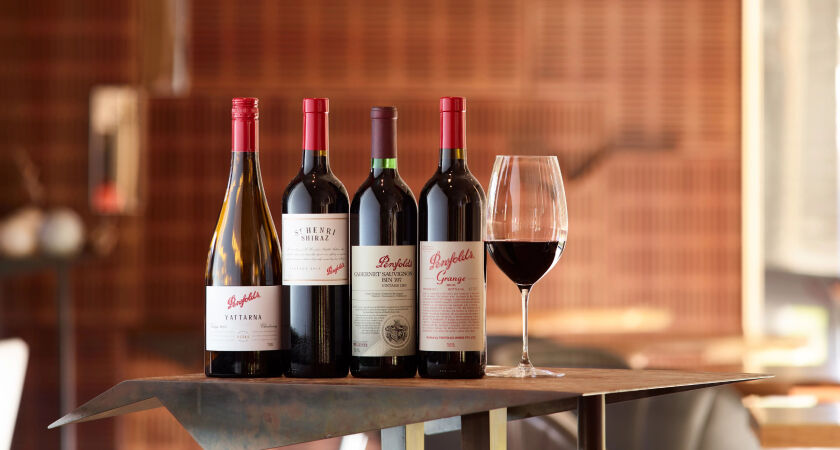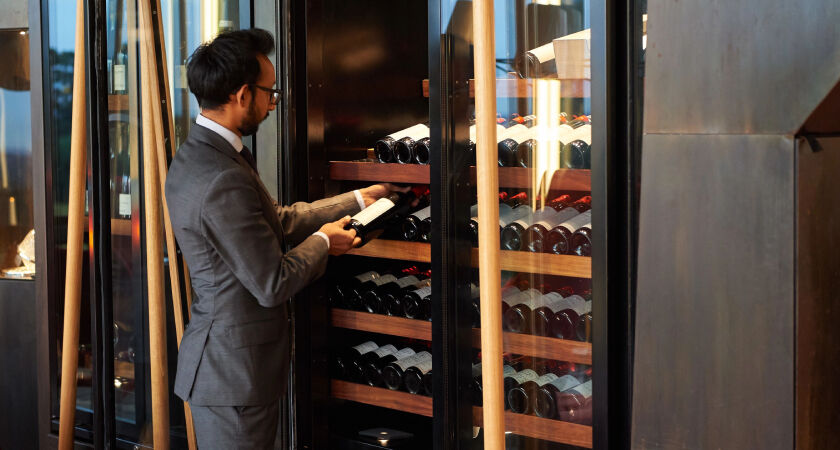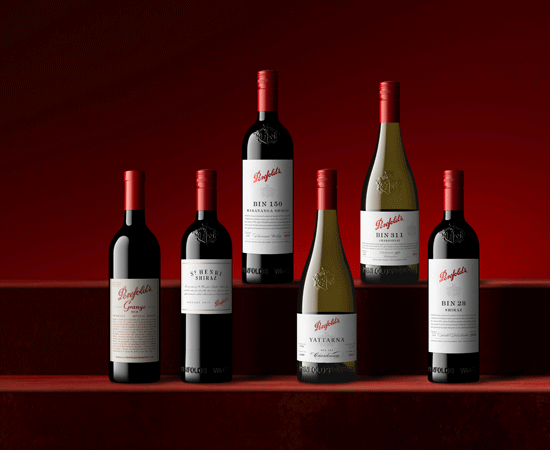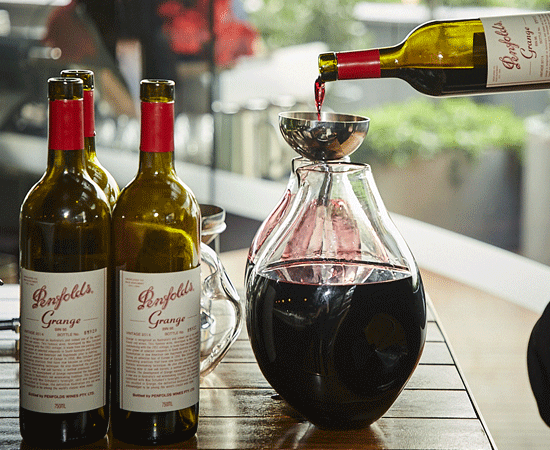Where is the best place to store my wines?
Wine collectors have the option of cellaring their wine at home or in public storage. If you are unable to provide appropriate conditions for your wine at home, and your
collection represents significant investment, then professional wine storage may be the solution.
If you do not have a suitable wine cellar, then a wine storage cabinet (wine fridge) is an economical and practical way of storing wine at home. They are especially useful in warmer climates and high-density living areas. Wine cabinets are designed to store bottles at the optimal temperature for long-term maturation.
The most important cellaring tip is to keep your wine in a steady, cool environment and to avoid significant temperature fluctuations. Wine is best stored in cool temperatures of around 14 °C to 16 °C with a relative humidity of 65 to 75 percent. These conditions are sometimes difficult to achieve all year round. A constant temperature of 18 °C is
better than high temperatures fluctuations during winter and summer.
The cellaring conditions need to be dark, free from vibrations and from any background odours which may permeate through cork.
Always lay bottles on their side
Bottles should be stored horizontally to ensure the cork remains moist. Corks may dry out if a bottle is left standing upright, which over time may even shrink the cork, allowing the ingress of air and resulting oxidation of the wine. Screw-capped bottles are more resilient, but it’s best to have these bottles lying down as well so that if a bottle is damaged you will identify leakage earlier. If wine is stored in racks, it is wise to face the labels up so the whereabouts of the sediment is obvious. This is advantageous when decanting the wine.
How long will a wine improve in the bottle?
It is difficult to predict when a wine will be at its best. Do you enjoy a wine with the vibrancy of youth or the more mellow complexities of a fully mature wine? Is your preference for a red wine with predominant primary fruit characters, or for a more mature expression, with nuances of coffee, cedar, tobacco and other secondary characters?
It is very much a case of individual preference and will depend upon the style and vintage of the wine in question. It is important to remember that smaller format bottles will mature more rapidly than standard bottles or magnums, as the ratio of air in the ullage space to the volume of wine is higher.






